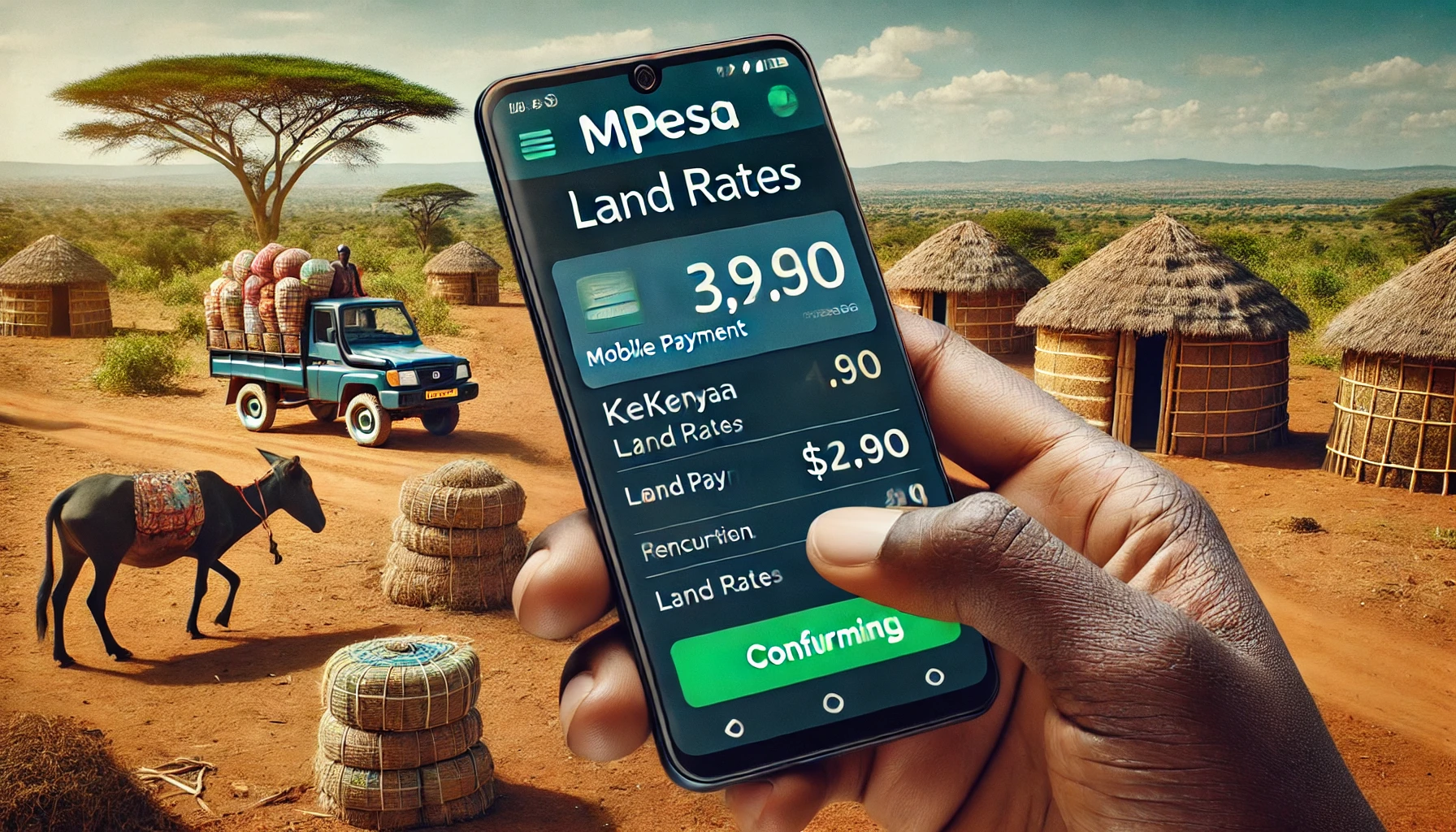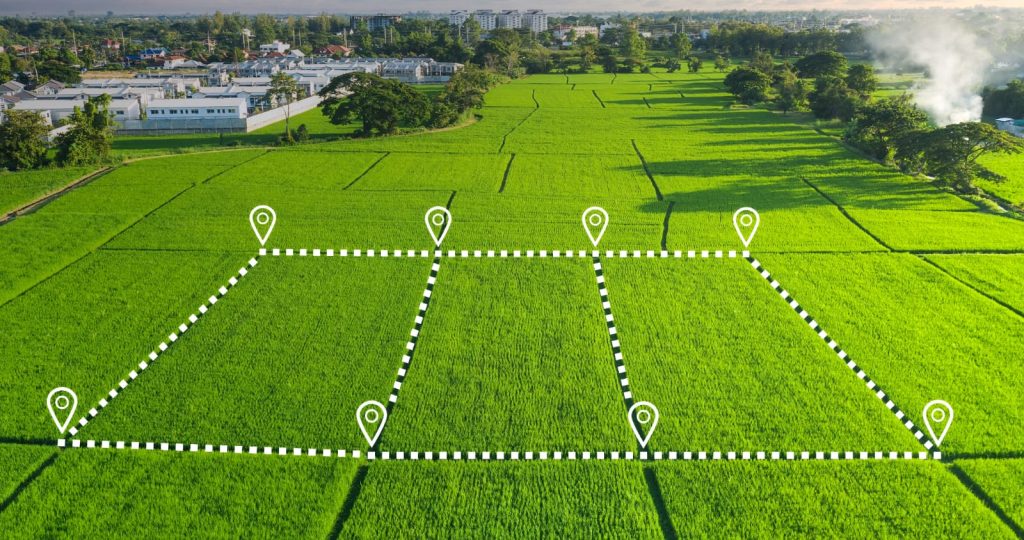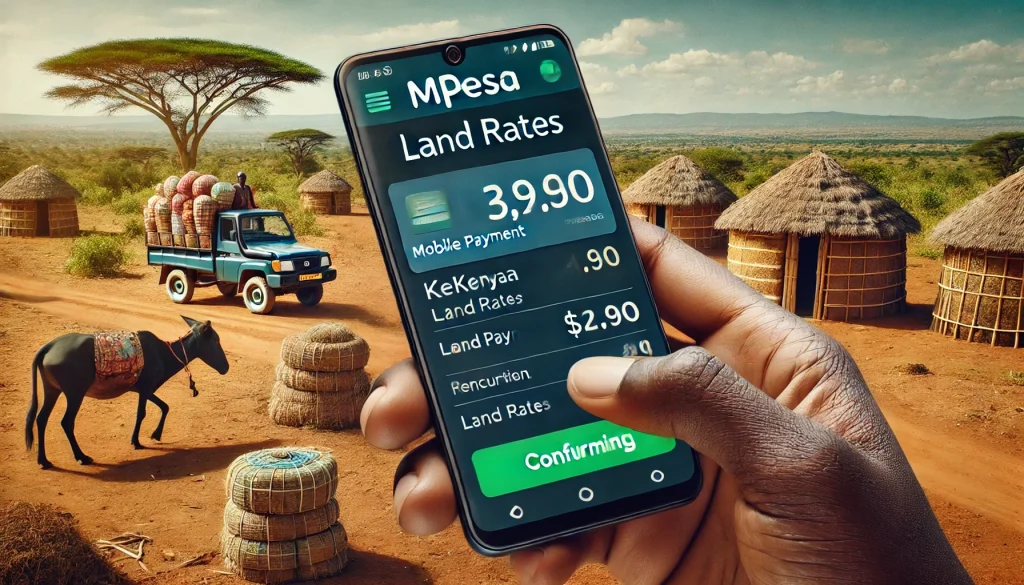Physical Address
60 Ekwema Cres, Layout 460281, Imo
Physical Address
60 Ekwema Cres, Layout 460281, Imo

Owning a land in Kenya is a big achievement but knowing how to check land rates in Kenya can make a whole difference for you. All thanks to digital tools, you can now check the land rates online without stress. Land rates (property taxes) in Kenya are charged by county governments and vary across the country.
Essentially, land rates are annual taxes on real property that owners must pay to their county. They are usually based on the official assessed value of the land.
Because counties now use digital platforms, you can check and pay your land rates entirely online in most cases. The exact online method depends on the county.
Paying land rates on time is crucial: it is mandatory for landowners and buyers (you need a current Rates Clearance Certificate when selling land), and unpaid arrears attract penalties. Land rates help fund local services, so counties enforce them strictly.
So before you make that land purchase, find out in this in-depth writing about how to check land rates online in Kenya and other useful tips.

Land rates are set and collected at county level under Kenya’s Rating Act. Each county assesses the unimproved value of land (using a valuation roll) and applies a rate. This means landowners pay a percentage of the land’s market value annually to the county.
For instance, a county might levy 1–3% of the assessed value. After you pay, the county issues you a Rates Clearance Certificate. This certificate confirms there are no outstanding rates on the property – it is required when transferring or charging land.
Failure to pay land rates by the deadline results in interest and penalties. In some recent years, counties have even offered penalty waivers for early payment (Nairobi extended its waiver to June 2025, for example).
Check out the KCB Mpesa Loan After CRB Listing
A land search is an official enquiry into the status of a parcel of land. Online land searches in Kenya are done via government portals, so you don’t have to visit the Lands office physically. The main methods are:
eCitizen portal (ecitizen.go.ke) provides a Land Search service within the Department of the Ministry of Lands.
Kenya’s national land registry platform, ArdhiSasa, also allows property searches.
Both methods serve the same purpose: confirming rightful ownership and any charges on a piece of land. They are secure and draw on updated government records.
Steps for an online land search (e.g., on ArdhiSasa) typically include:
Conducting a land search in Kenya means using the Ministry’s online portal. This replaces the old system of physically queueing at the Land Registry. It protects buyers by revealing if a title is clean or tied to a loan (as collateral) or a court case.
Always ensure you have the correct Title Number (usually on the copy of the deed) before searching.
See also: 15 Online Surveys in Kenya That Pay Through Mpesa

The government periodically assesses values (by stamp duty and rates), and private valuers use market techniques.
Generally, the value of land is determined by such factors as location, size and demand. The premium regions around Nairobi or Mombasa will command for higher rate per acre.
Good road access, availability of utilities (water, electricity), and zoning (residential/commercial) also drive value.
Registered valuers look at recent sales of similar plots nearby to estimate a piece’s value. For official purposes (stamp duty), the government will send an adjudicator to appraise land after a sale, calculating the taxable value.
Buyers can get an independent valuation by hiring a certified property valuer. They will inspect the land, consider all factors (above), and produce a formal valuation report.
There is a fee for every official title search. As of 2024–2025, the basic land search fee is typically KSh 500 per search. This applies when you perform a standard online search on eCitizen or ArdhiSasa. The fee can be paid on the portal via M-Pesa or card (cash is not accepted).
Some sources note a higher figure for a full Title Deed search. For example, one real-estate guidance site states that doing a Title Deed search (through ArdhiSasa or eCitizen) costs KSh 1,500. (The difference likely reflects updates or optional extra details.
500 shillings covers a simple online search. In any case, the cost is minor (just a few dollars), reflecting government fees rather than broker charges. Note that searching by cadastral ID or short description is usually more expensive; the above fees are for the straightforward Title Number search.
When paying land rates, the fees are simply whatever amount the system shows you owe; there is usually no extra transaction fee for the payment itself, beyond any M-Pesa charges.
Read also: Best Online Loans in Kenya Via Mpesa
Most Kenyan counties now allow online payment of land rates. Here’s how to pay your rates electronically:
Enter your Title Number or LR Number and the system will display any outstanding balance and penalties. You can then choose to pay using the available options (M-Pesa, credit card, or bank transfer) and instantly generate a payment receipt or Rates Clearance slip.
It also offers to generate an M-Pesa PayBill. Alternatively, you can directly pay through M-Pesa by using Paybill 222222 (enter your Title Number or LR Number as the account).
This unified Paybill was introduced to simplify all counties’ payments. Once you pay via M-Pesa, keep the confirmation for your records.
Some rural counties may not have full online systems; in those cases, the USSD and Paybill above still work, or you may visit the sub-county treasury in person.
To summarize the Nairobi example:
Using these online tools, you can effectively handle land rates without any problems of queues. Always keep your land rates in the present day; the easiest way to do it without surprises and legal troubles is to regularly check your rates on the Internet.

Digital tools have made it easier for you to check your land rates status online. It is pretty straightforward. First, identify your county’s system. If you’re in Nairobi, use the Nairobi eServices portal as described above. Other counties may use the national USSD/Paybill or their own websites.
In general, the steps to check land rates online are:
For example, Nairobi users would: Login to nairobiservices.go.ke → Land Services → Land Rates, then input title/LR number. The page then shows the amount due (if any), and buttons to pay via M-Pesa or card. After paying, you can immediately print out the Rates Clearance Certificate as proof.
If you are unsure of which portal to use, the universal USSD method is a good fallback. Dialing *512# lets you check rates for any county in Kenya. You simply select the county and enter your title number. It will return your balance on the phone screen or via text.
Also check out How to Make Money Online In Kenya through Mpesa
Landowners
Obtain payment invoice.
Pay for rates clearance certificate.
Submit documents for verification.
Obtain rates clearance certificate.
The buyer
Checking land rates online has never been easier. Kenyan counties have invested in digital services so that property owners can verify and clear their taxes from anywhere. Remember: land rates are annual property taxes set by your county based on the assessed value of your land.
You can look up these rates by using your county’s e-service portal or the national M-Pesa/USSD system.
With these Kenya’s online platforms, you can manage land rates efficiently without queues. Always ensure your land rates are up-to-date; checking them regularly online is the best way to avoid surprises and legal issues.